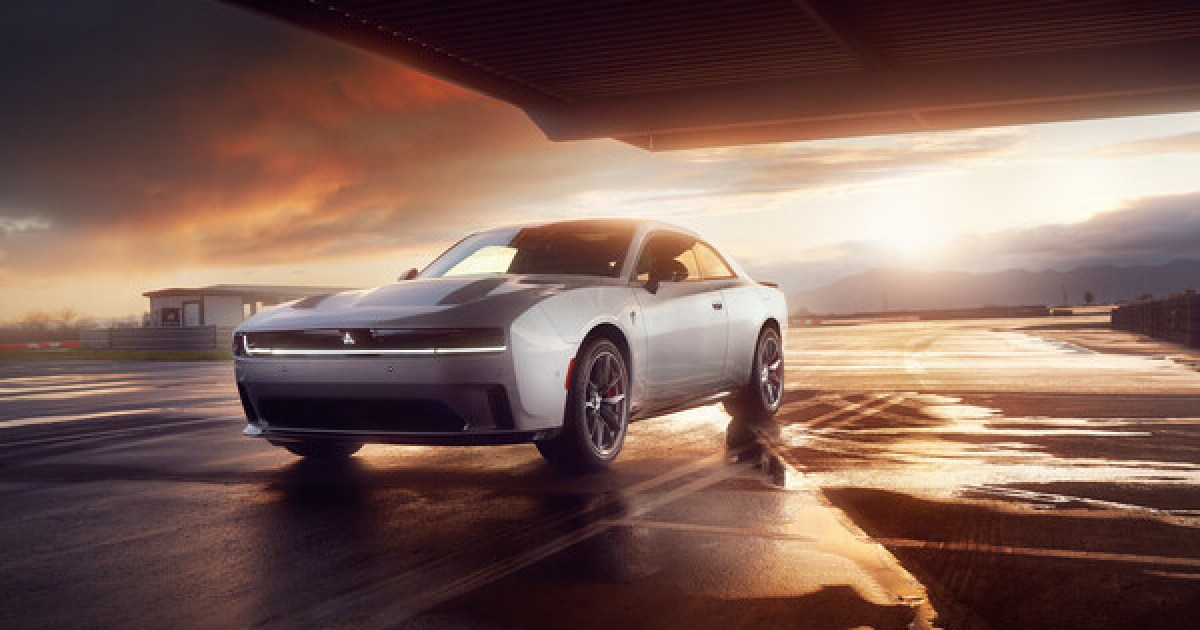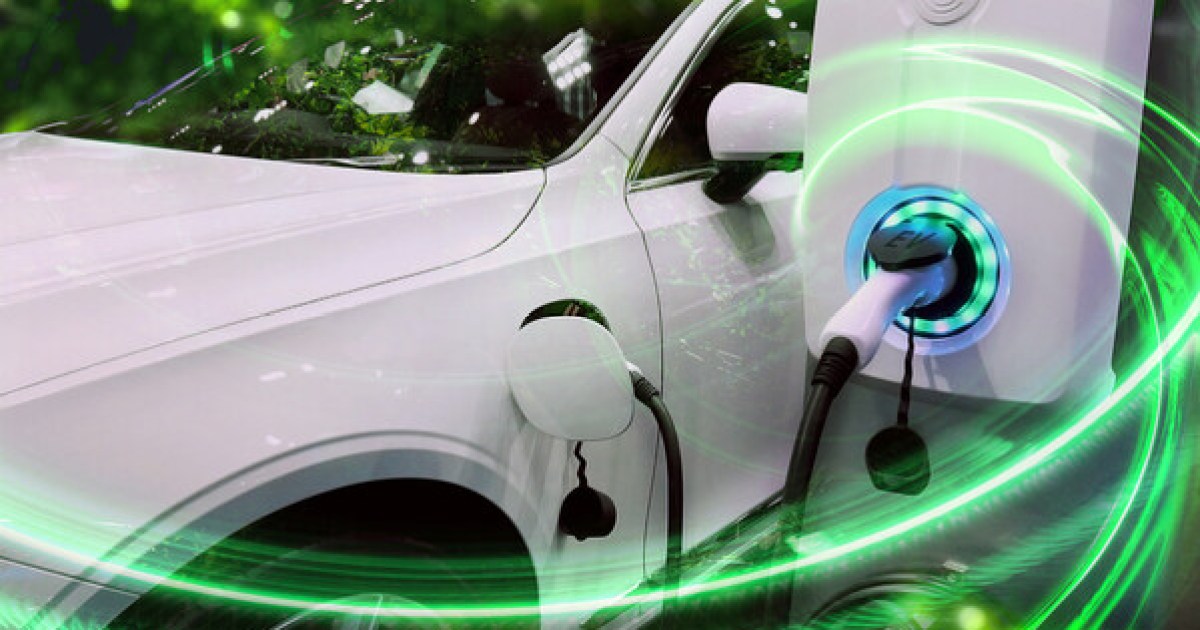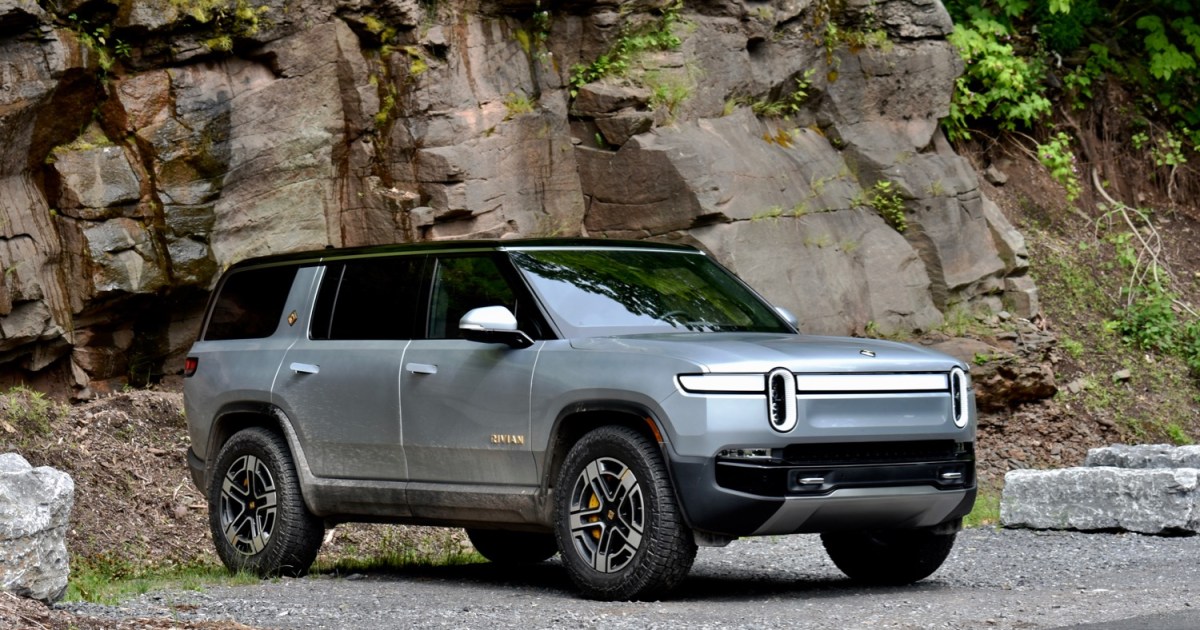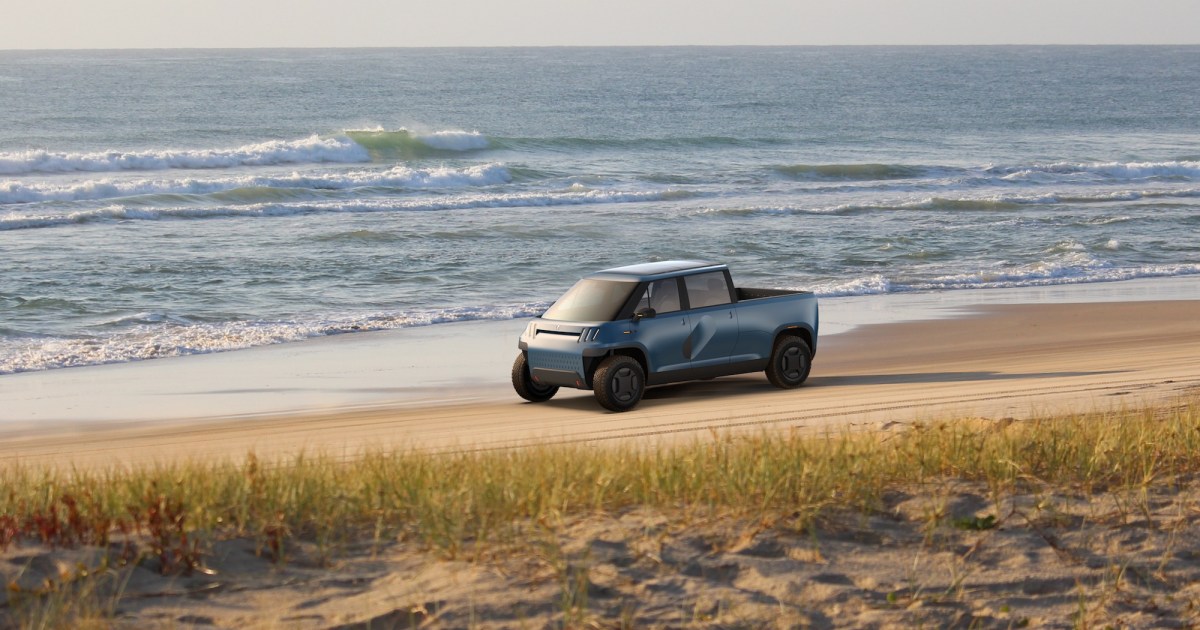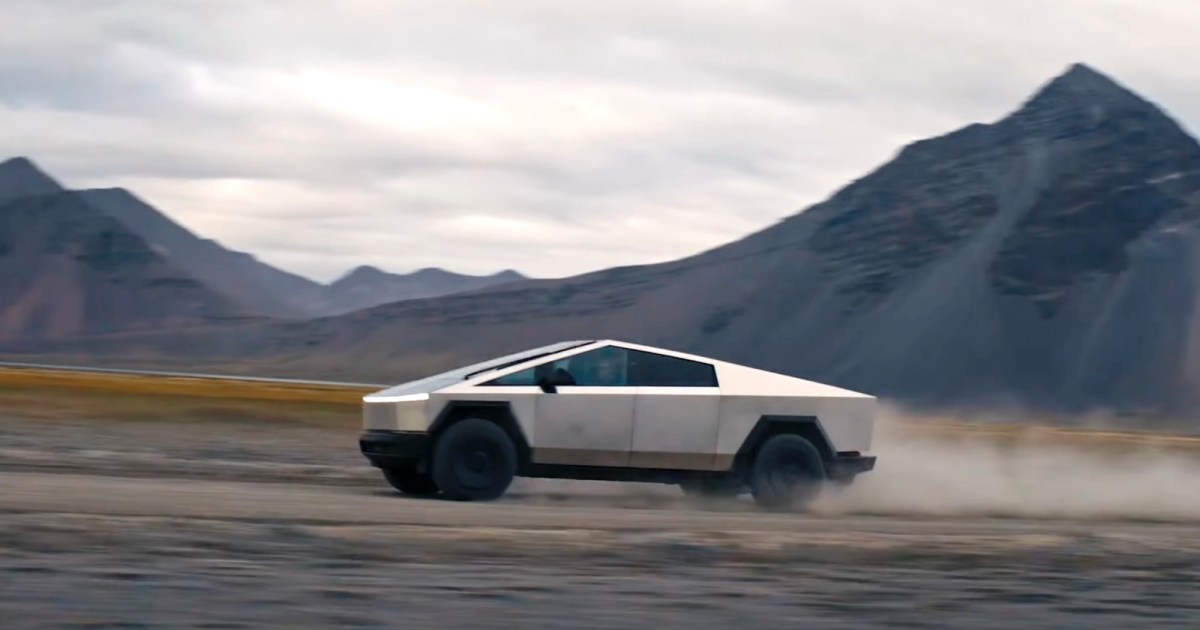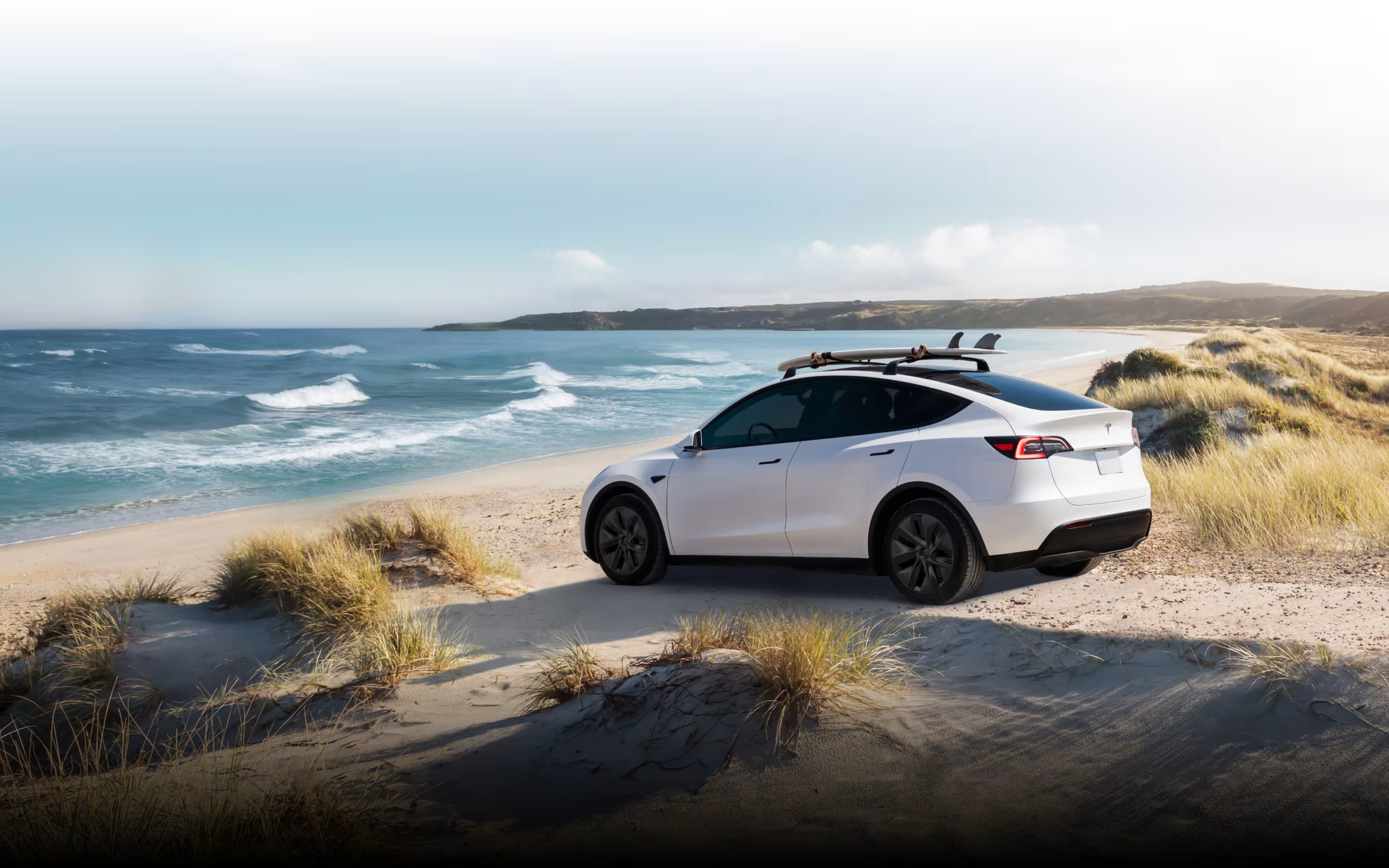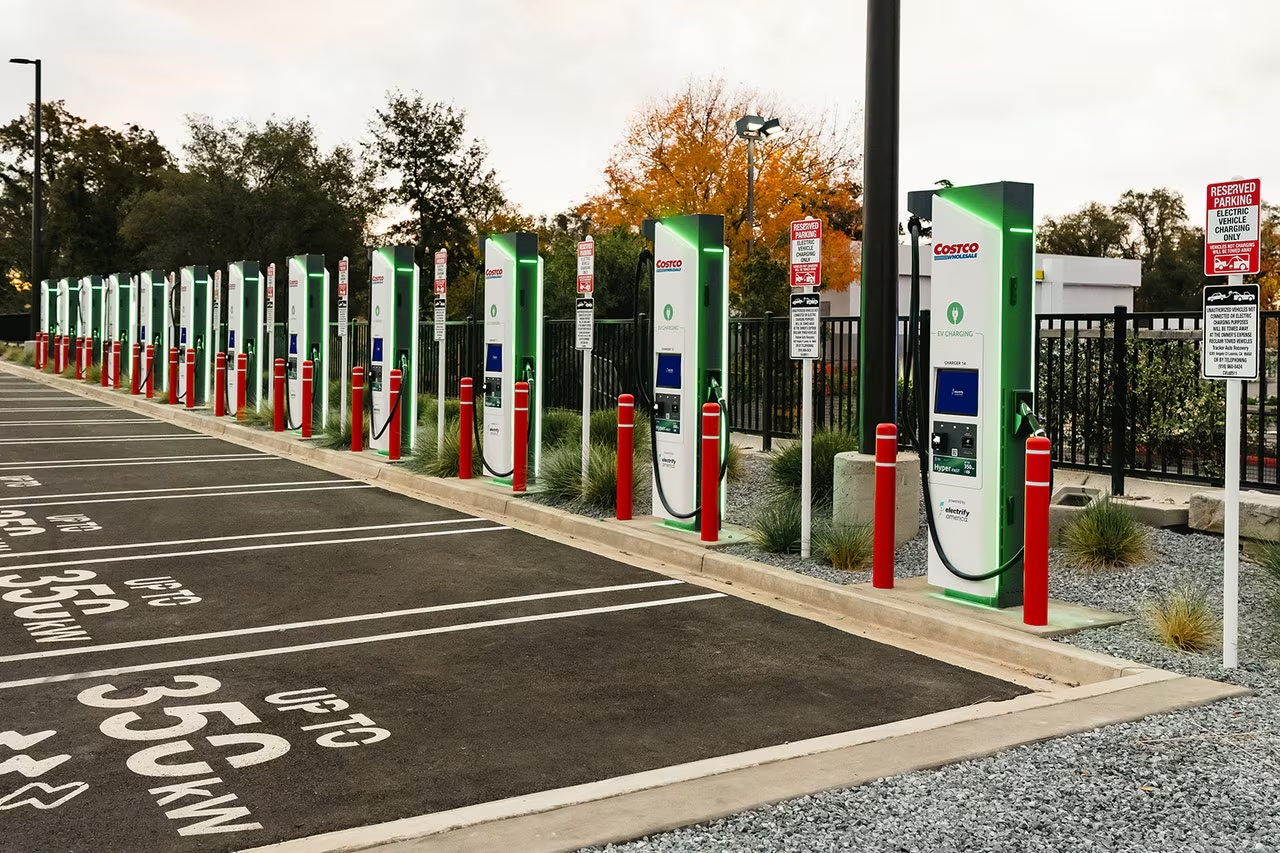The electric vehicle (EV) market is experiencing a period of uncertainty as the incoming Trump administration plans to discontinue tax incentives for EV purchases and production. Amidst this backdrop, Dodge has launched a provocative marketing campaign for its first all-electric muscle car, the Charger Daytona, slated for a 2025 release.
The campaign, titled “Save the Planet,” presents a striking contrast between traditional perceptions of EVs and Dodge’s performance-oriented approach. The video showcases breathtaking visuals of Earth, highlighting cityscapes, oceans, and verdant landscapes. The voiceover declares, “We aren’t building electric vehicles because it’s trendy. We’re building them to make a difference.” This statement sets the stage for Dodge’s unique perspective on the EV revolution.
The campaign takes a bold stance against what it perceives as the conventional, and perhaps less exciting, image of EVs. The narrative continues, “We’re building them to save the planet from all those lame, soulless, weak-looking, self-driving sleep pods everyone keeps polluting our streets with. That’s why we’re doing it.” This statement directly challenges the prevailing image of EVs as autonomous, utilitarian vehicles, emphasizing Dodge’s commitment to preserving the thrill and power associated with muscle cars.
Dodge’s press release explains that the “Save the Planet” campaign aims to maintain the brand’s characteristic “irreverence” while venturing into the EV space. The company is determined to retain its legacy of producing powerful, all-American muscle cars, even in an electrified future. The new Charger Daytona is marketed as a modern interpretation of the iconic 1960s muscle car, evoking the spirit of classic films like Bullitt and the Dukes of Hazzard TV series.
Some speculate that Dodge’s critique of “self-driving sleep pods” is directed, at least partially, towards Tesla. Elon Musk, CEO of Tesla and an advisor to President-elect Trump, has expressed support for ending the Biden administration’s EV incentives. While acknowledging the potential negative impact on Tesla, Musk predicts that the removal of these incentives could be “devastating” for competitors. Simultaneously, he continues to advocate for autonomous driving technology, as demonstrated by the recent launch of Tesla’s Robotaxi.
Interestingly, Stellantis, Dodge’s parent company, has announced its adoption of the Tesla North American Charging Standard (NACS) connector for its EVs. This decision creates a complex dynamic between the two companies, as they collaborate on charging infrastructure while simultaneously competing in the EV market. Dodge’s “Save the Planet” campaign marks a distinctive entry into the evolving EV landscape, challenging conventional norms and promising a thrilling, electrified future for muscle car enthusiasts.



